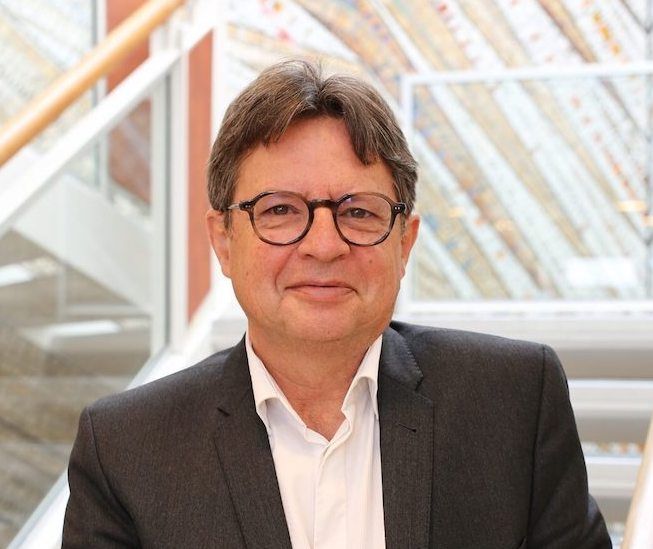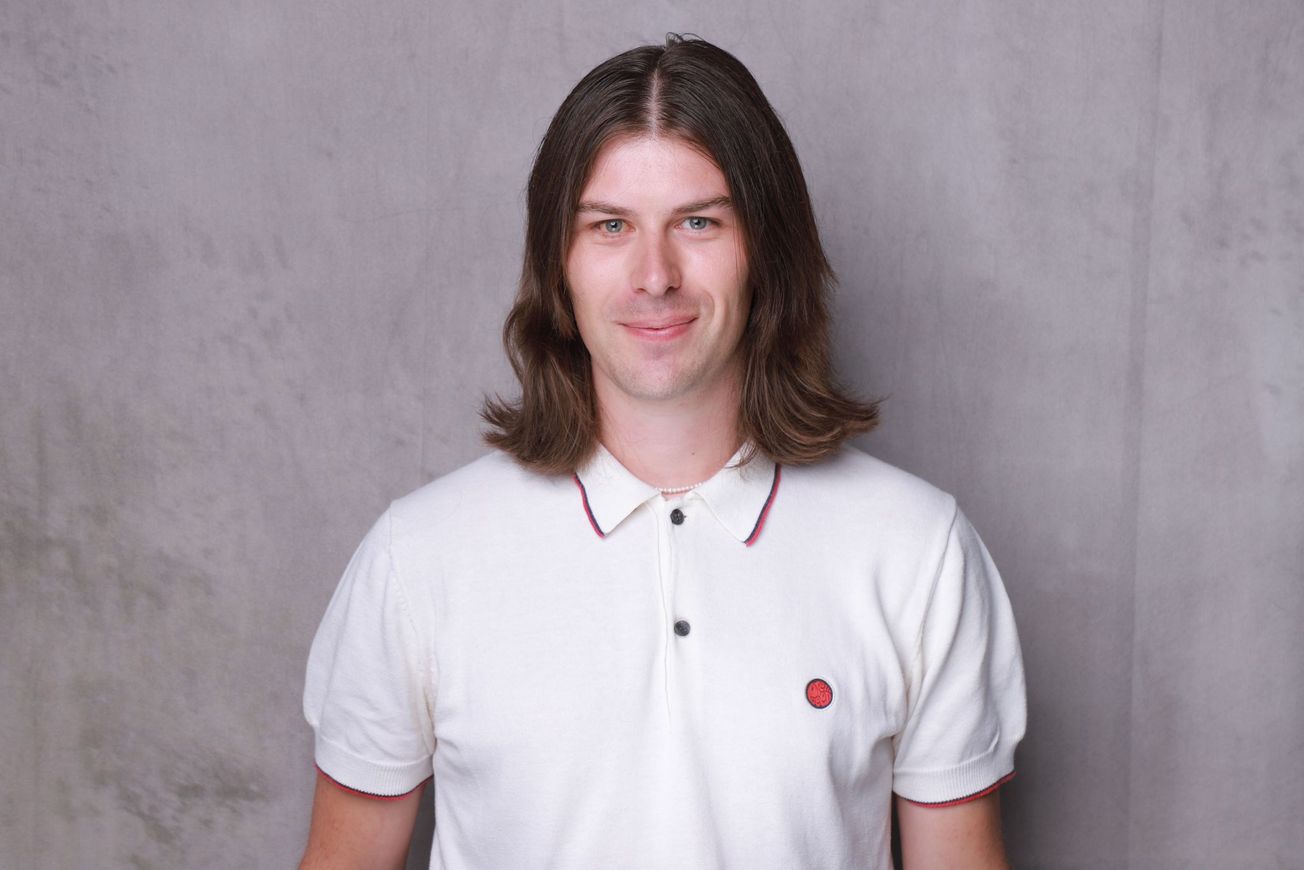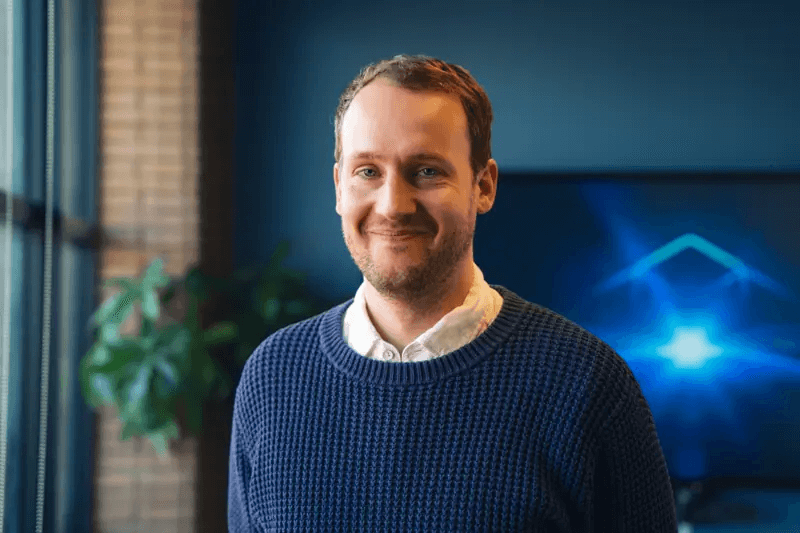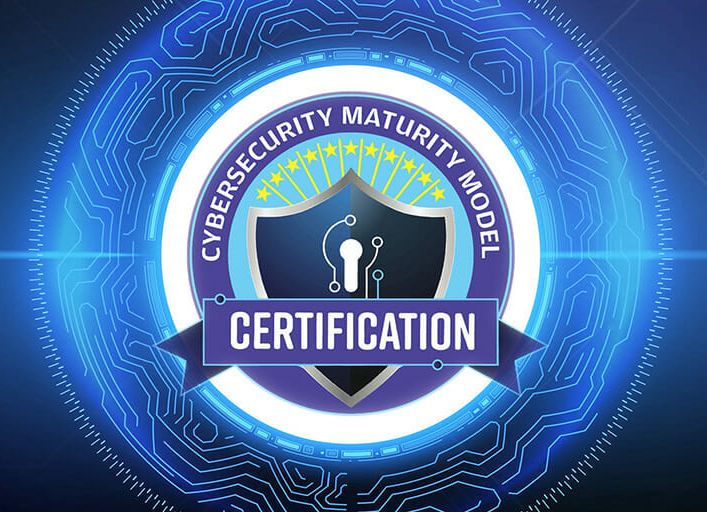We caught up with Gabriel Toffani, a leader in sustainable lithium technologies and global business transformation. At Adionics, he is at the forefront of pioneering sustainable lithium extraction, leveraging his expertise in revitalizing businesses, expanding markets, and fostering high-performance cultures. Some of his key accomplishments include leading major integrations and expansions, doubling sales in emerging markets, and leading organizations to profitability through strategic innovation. Gabriel's encompasses global leadership, strategic innovation, and sustainable development, with a focus on making Adionics a leader in clean energy technologies.
Can you explain how your proprietary Flionex® technology works and what makes it unique in the world of Direct Lithium Extraction (DLE)?
Adionics has developed an innovative approach for extracting lithium from brine sources, essentially mineral-rich, salty water reservoirs. Traditional methods often primarily rely on time-consuming, resource-intensive, large evaporation ponds. In contrast, Adionics' Flionex® technology uses a specialized liquid-liquid extraction process that's both efficient and environmentally friendly.
Here's how it works and what makes it different:
- Selective extraction: Flionex® is a patented liquid formulation with a highly selective "lithium magnet." When mixed with brine, it attracts and binds to lithium while leaving other elements behind.
- Closed-Loop System: The process operates in a closed loop, meaning that the Flionex® liquid can be reused many times. This process significantly reduces waste and resource consumption.
- Speed and efficiency: Unlike traditional methods that take months, Adionics' process can extract lithium in hours, significantly improving production rates.
- High purity: The technology can achieve lithium recovery rates of up to 98%, with lithium chloride purity as high as 99%. This high-quality output is critical for the production of battery-grade lithium.
- Water Conservation: Compared to conventional methods, the process uses minimal water, making it particularly valuable in water-scarce regions where lithium is often found.
- Adaptability: Flionex® has demonstrated efficacy over various brine concentrations, making it versatile for different lithium sources worldwide.
- Environmentally friendly: The technology has a significantly smaller environmental footprint by eliminating the need for large evaporation ponds and reducing water and energy consumption.
Adionics' Flionex® technology represents a more sustainable, efficient, and adaptable approach to lithium extraction. It overcomes many challenges associated with traditional methods while meeting the growing global demand for lithium in industries such as electric vehicles and renewable energy storage.
Adionics claims to achieve up to 99% lithium recovery rates. How does this compare to traditional extraction methods, and what technological innovations have made this possible?
Recent tests in Chile have demonstrated lithium recovery rates of up to 98% and lithium chloride purity of up to 99%. These results are significantly higher than conventional processes based on natural evaporation, which typically range between 35% and 50%. The high recovery rates are made possible by the unique selectivity of the Flionex® formulation and Adionics' patented thermal swing liquid-liquid deionization process. The technology's ability to operate effectively over a wide range of brine concentrations and its selectivity for lithium over other elements contribute to these impressive results.
As the demand for lithium continues to grow, how is Adionics preparing its technology to meet future production needs while maintaining its commitment to sustainability?
We're well aware of the growing demand for lithium, and at Adionics, we're taking concrete steps to meet this challenge head-on. Our recent pilot project in Chile's Atacama Salar, where we conducted 1,500 hours of extraction testing, was a significant milestone. It proved that our technology is ready for industrialization.
We're not stopping there. We've already scaled up to a pre-industrial plant producing 250 tons of lithium chloride annually. We're gearing up for the next leap - industrial plants capable of 10 to 40 thousand tons per year. It's ambitious, but we have the backing of $27 million in recent financing to make it happen.
But here's the thing - we're not just scaling big; we're scaling smart. Our commitment to sustainability is unwavering. Our process still uses 90% less water than traditional methods, and we're constantly refining it to be even more efficient. We're growing our team, investing in R&D, and adapting our technology to worldwide brine sources.
The beauty of our approach is that as we grow, our environmental benefits scale. More Adionics plants mean less water consumption, less energy use, and higher lithium recovery rates across the industry. We're proving that meeting future lithium demand and prioritizing sustainability are not mutually exclusive - they're two sides of the same coin.
With the increasing focus on the entire lifecycle of lithium-ion batteries, how is Adionics' technology positioned to contribute to a more circular economy in the EV and energy storage sectors?
At Adionics, we're keenly aware of the growing importance of the entire lifecycle of lithium-ion batteries, especially as the EV and energy storage sectors continue to expand. Our technology is uniquely positioned to contribute to a more circular economy in these industries.
First and foremost, our Flionex® technology has proven highly effective in extracting lithium from various sources, including brine. This versatility is critical as we move towards more sustainable practices. But what's really exciting is how we apply this technology to battery recycling.
We've made significant progress here. Our pilot projects have demonstrated that we can efficiently extract lithium from what we call "black mass" - essentially the waste material from used batteries. The results are very promising. We're not just talking about potential; we're seeing real, tangible success in recovering lithium from used batteries.
This capability is critical for several reasons. It reduces our dependence on primary sources of lithium, which is important as demand continues to skyrocket. It also addresses a growing concern in the EV industry about what happens to batteries at the end of their life cycle. By providing an efficient way to recover lithium from these batteries, we're closing the loop in the lithium life cycle.
In addition, our process maintains the high purity levels critical for battery-grade lithium. This means that recycled lithium can be used right back in battery production, truly embodying the principles of a circular economy.
But we're still going beyond the extraction of lithium from batteries. We're looking at the entire value chain, from initial extraction to recycling and reuse. We aim to create a more sustainable, closed-loop system for lithium use in the EV and energy storage sectors.
Adionics is positioning itself as a key player in creating a more sustainable and circular future for the lithium industry. We're not just talking about recycling; we're actively developing and implementing solutions that will help reshape how we think about and use lithium resources in these critical sectors.








